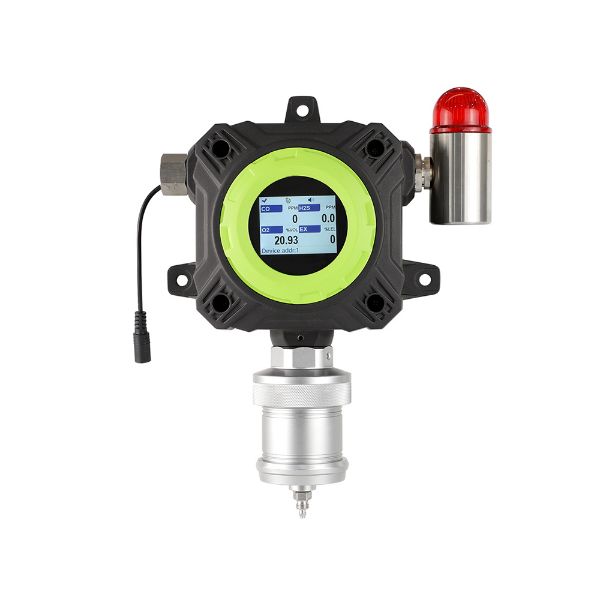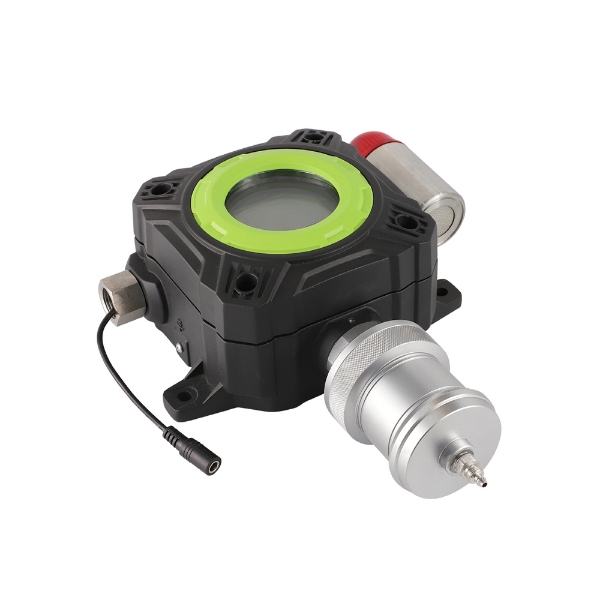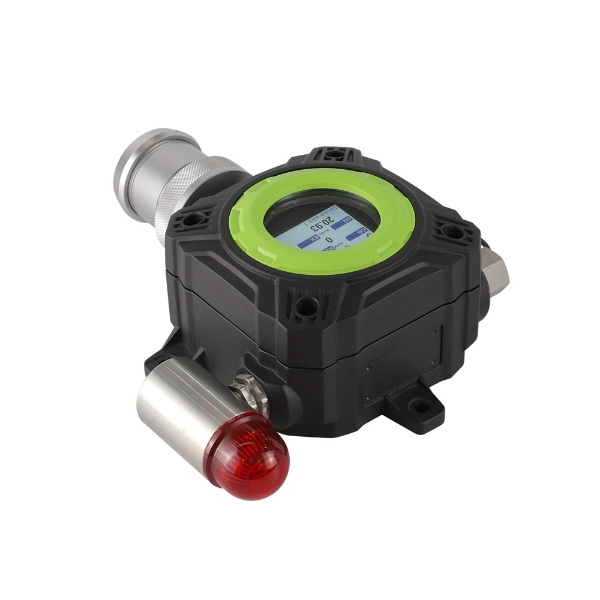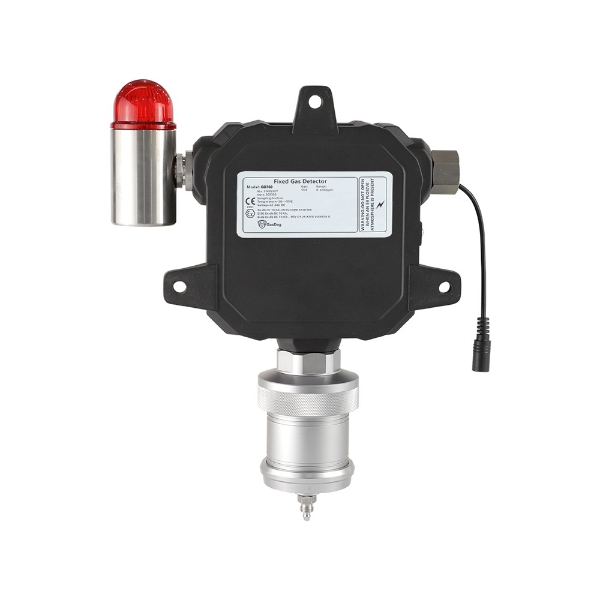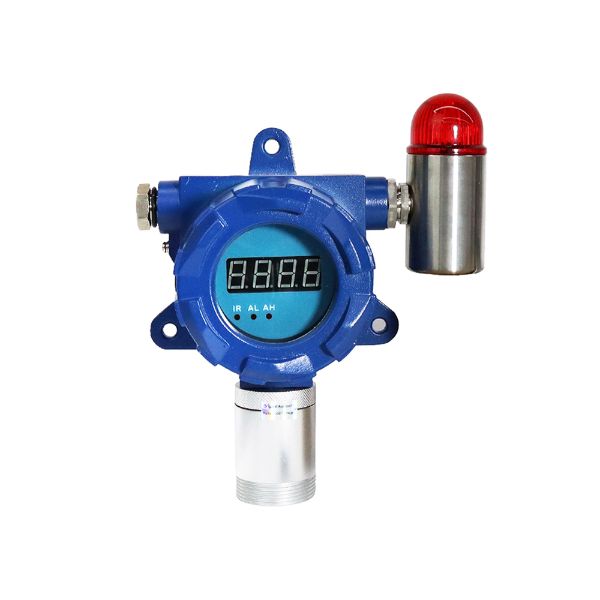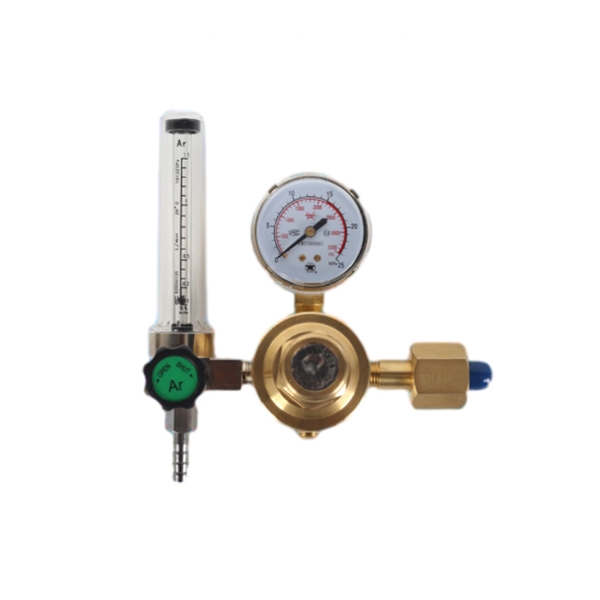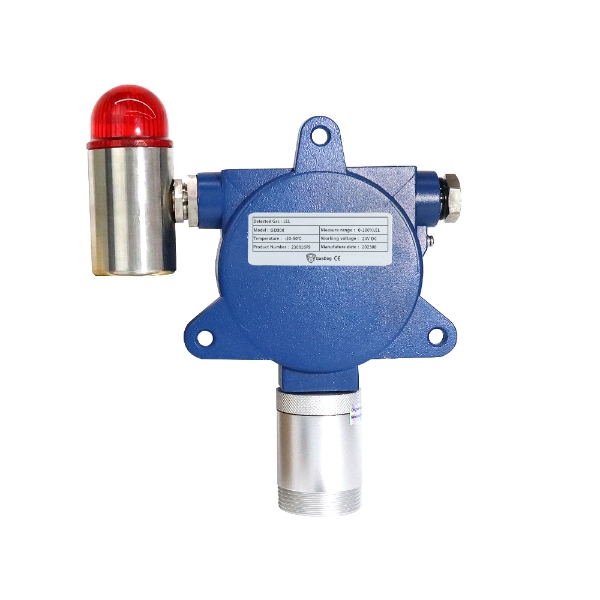Close
-
You have no items in your shopping cart.
- Register
- Log in
- Wishlist
- Shopping cart
Close
Menu
Close
- Home /
- Shop /
- Industrial Gas Detectors /
- Combustible Gas Detectors /
- Fixed Phosphine (PH3) Gas Detector
WRITE YOUR OWN REVIEW
RELATED GAS DETECTORS
Industrial Fixed Ammonia (NH3) Gas Detector
GD700-NH3
Industrial fixed NH3 gas detector for sale, available in measuring range of 0-50ppm, 0-100ppm, 0-200ppm, 0-500ppm, 0-1000ppm, 0-2000ppm, 0-5000ppm. It is a pump suction gas detector for monitoring Ammonia gas leak 24 hours online in the confined space or pipeline.
$1,068.73
Fixed Methane (CH4) Gas Detector
GD300-CH4
Buy GasDog fixed CH4 gas detector online. This wall mounted gas monitor with a measuring range of 0-100% LEL, 0-50%VOL, 0-100%VOL, features an advanced gas sensor and audible & visual alarm for detecting and monitoring Methane gas concentration in a confined place.
$2,091.69
Fixed Ethylene (C2H4) Gas Detector
GD300-C2H4
GasDog C2H4 fixed gas detector is a wall mounted type gas monitor that can detect Ethylene gas concentration in different kinds of situations, measuring range of 0 to 50/100/500/1000/2000ppm. It comes with a data display and sound & light alarm for 24h continuously online monitoring.
$1,187.99
Fixed Carbon Dioxide (CO2) Gas Detector
GD300-CO2
Fixed CO2 gas detector is used for Carbon Dioxide detection, with measuring range 0-1000/2000/5000/9999ppm and 0-1%/5%/100% VOL. GasDog wall mounted gas detector has sound & light alarm and real time display, which can monitor Carbon Dioxide leak 24 hours online.
$755.99
"Gas Dog: Gas Detection is as Accurate as a Sniffer Dog's Nose."
CUSTOMER SERVICE
Copyright © 2026 GasDog.com. All rights reserved.

